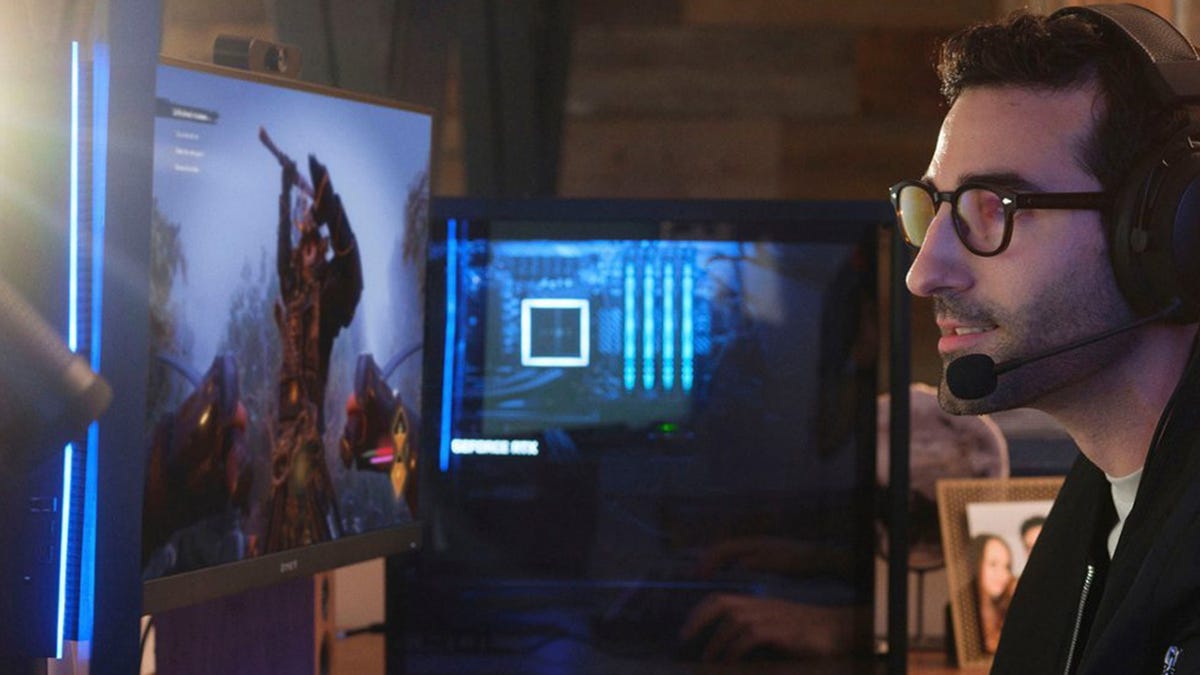Apple may switch from Sony to another company for micro-OLED displays in future Vision Pro headsets.
Apple may switch from Sony to another company for micro-OLED displays in future Vision Pro headsets.
/article-new/2023/06/apple-vision-pro-expanded.jpg)
Apple is exploring the possibility of shifting production of micro-OLED displays for its future Vision Pro headset from Sony to Chinese manufacturers such as BOE and SeeYa, according to a report by The Information. The move comes as Apple faces challenges in its supply chain and Sony shows reluctance in scaling up its production capabilities for the components.
Chinese technology firms BOE Technology and SeeYa Technology have shown strong commitment to micro-OLED technology and have received support from local government initiatives. Apple is currently testing displays from both these suppliers for its next-generation Vision Pro model and a future low-cost mixed-reality headset.
If BOE and SeeYa can meet Apple’s stringent quality standards, they have the potential to replace Sony as the principal display supplier for the Vision Pro headset in the future. However, Apple’s increased engagement with Chinese companies also presents its own set of operational challenges. Recent legal issues between Samsung and BOE, as well as labor concerns, underline the potential risks involved in relying heavily on Chinese entities.
Nevertheless, Chinese companies already play a crucial role in Apple’s current production processes for the Vision Pro headset. Companies like Lens Technology and Genius Electronic Optical are key contributors to the manufacturing of the headset, and Luxshare Precision Industry has taken over from Taiwan’s Pegatron as the primary assembler.
The involvement of Chinese manufacturers in Apple’s supply chain is not a new phenomenon. Over the years, Apple has formed strong partnerships with Chinese companies for its various products, benefiting from their expertise, manufacturing capabilities, and cost efficiencies. Plus, China offers a vast consumer market for Apple to tap into, making it an important strategic location for the company.
However, there are also valid concerns when it comes to relying heavily on Chinese manufacturers. The recent legal issues between Samsung and BOE highlight the potential risks of intellectual property theft and legal disputes that can arise. Additionally, labor concerns surrounding working conditions and human rights continue to be a topic of discussion, as companies strive to improve worker welfare and ensure fair labor practices.
It is essential for Apple to strike a balance between maximizing production capabilities and mitigating risks. The company must work closely with its supply chain partners, including Chinese manufacturers, to establish clear guidelines and enforce ethical practices. By collaborating closely, Apple can ensure that its products meet the desired quality standards while addressing any potential challenges that may arise.
Apple’s exploration of alternate display suppliers for its Vision Pro headset shows the company’s commitment to innovation and meeting consumer demands. The Vision Pro headset is expected to be a groundbreaking product, and Apple’s efforts to ramp up production reflect its ambitions to lead the way in the evolving world of mixed reality and wearable devices.
As Apple continues to navigate the complexities of its supply chain, Chinese manufacturers will likely play a significant role in shaping the future of Apple’s product offerings. By carefully managing relationships, addressing potential challenges, and prioritizing quality and ethical practices, Apple can ensure a successful partnership with Chinese suppliers and deliver cutting-edge products to its global customer base.






